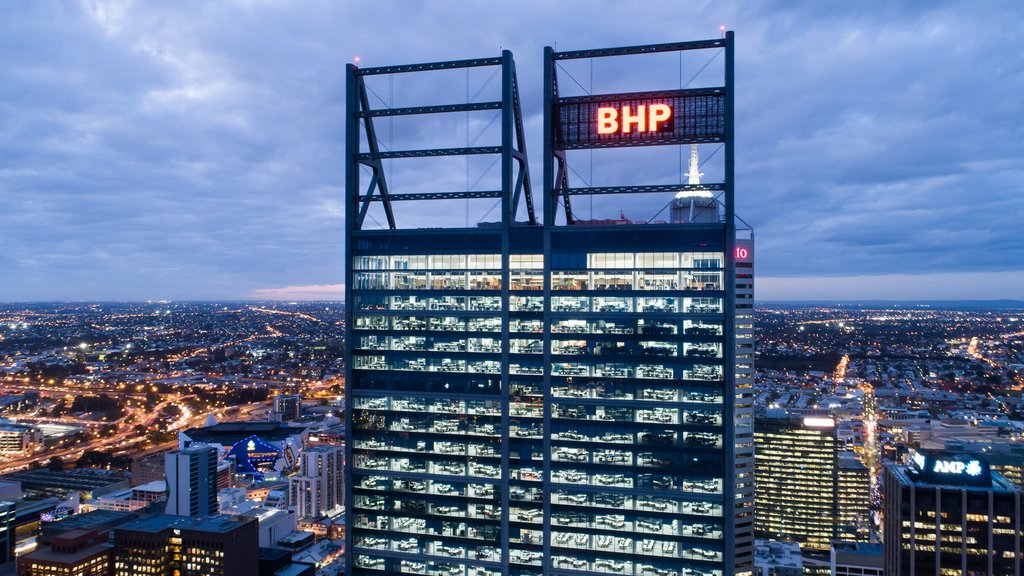
Article by Adrian Rauso, courtesy of The West Australian
26.05.2025

WA’s most profitable iron ore miner, BHP, trimmed down its local headcount by about 100 last week.
The round of layoffs swept through in-house employees and contractors across the company’s WA iron ore division, The West Australian understands, and is believed to have been focused on weeding out superfluous middle management roles.
The iron ore arm sustains about 15,000 livelihoods in the State — predominately throughout five large mining hubs, two port facilities, more than 1000km of rail and the majority of the 45 levels in Brookfield Place on St Georges Terrace.
BHP, which is headquartered in Melbourne, began slashing Australian jobs early last year as part of a global restructure targeting siloed departments including mine planning, logistics, decarbonisation and Aboriginal heritage.
The specialised teams were disbanded and the remaining workers absorbed into a more streamlined BHP business.
BHP’s iron ore arch nemesis — Rio Tinto — has also been on a WA job purge in recent times.
Rio’s Pilbara iron ore headcount fell by about 500 in 2024 and outgoing chief executive Jakob Stausholm has foreshadowed further cuts this year.
But Rio’s workforce pruning is less surprising than BHP’s.
The cash cost to produce a tonne of iron ore from a Pilbara iron ore mine under BHP’s control was $US18.19 in 2024, a year-on-year increase of just one per cent. Meanwhile, Rio’s cost spiked 7 per cent to $US23/t.
Yet, BHP chief executive Mike Henry is still keeping a close an eye on the bottom line and has labelled wage inflation in Australia as “especially problematic”.
The West understands BHP’s ambition to produce 305 million tonnes of iron ore in WA over the “medium-term” is unaffected by the latest round of redundancies.
The Big Australian expects to produce between 282mt and 294mt of the steelmaking commodity this financial year.
Iron ore is currently fetching just under $US100/t, roughly $US15 less than 12 months ago.
BHP’s WA iron ore division generated underlying earnings before interest, tax, depreciation and amortisation of $US7.2 billion last year.
BHP in July announced its WA nickel business would go into care and maintenance, with approximately 800 castaways eventually absorbed by the broader group. Most of these workers were in operational roles.